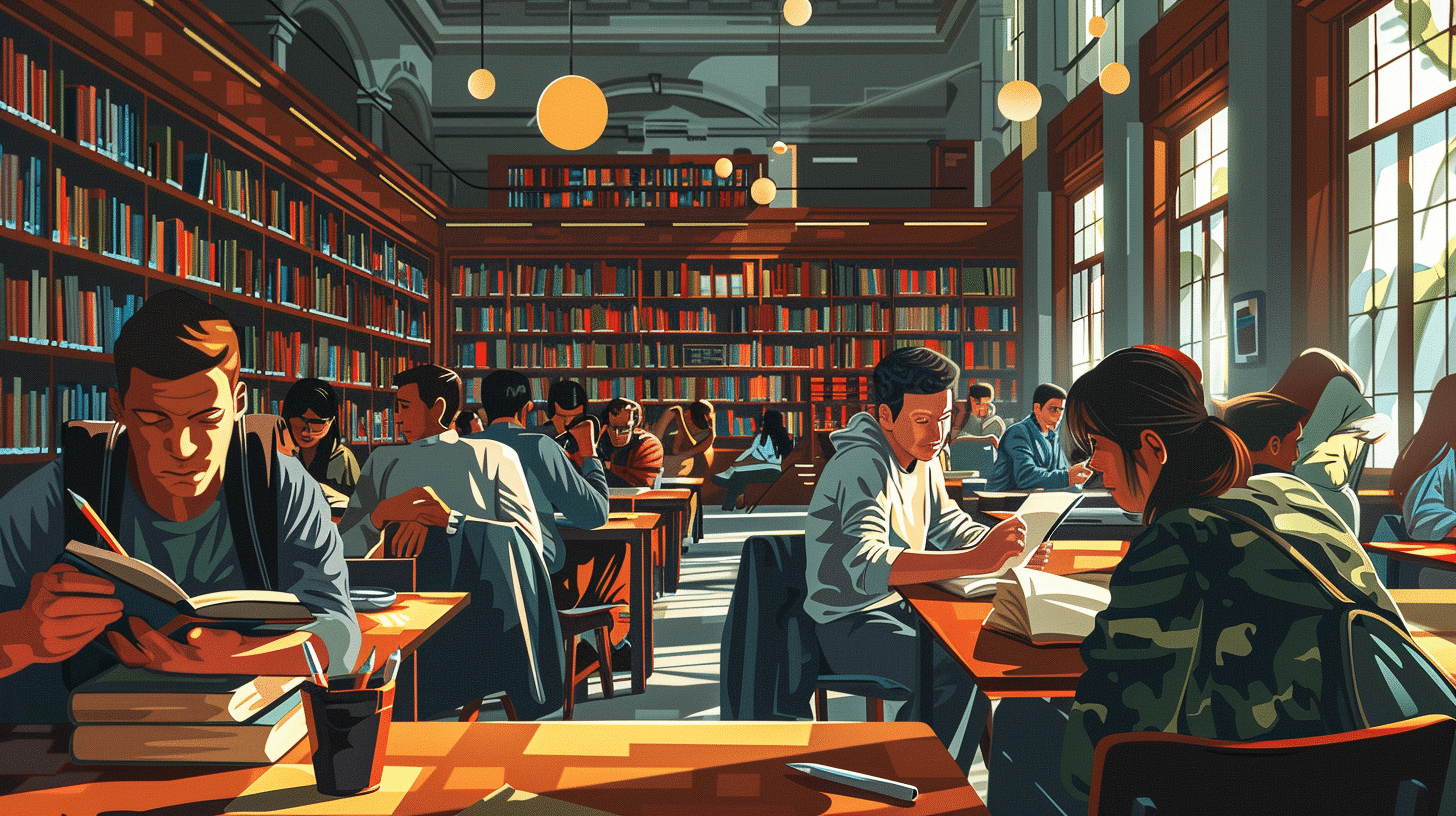Pick a language and start learning!
Adjective declension Grammar Exercises for Norwegian Language

Mastering adjective declension in Norwegian is a crucial step towards achieving fluency in the language. Unlike English, where adjectives remain unchanged regardless of the noun they modify, Norwegian adjectives must agree in gender, number, and definiteness with the nouns they describe. This means that understanding the rules of adjective declension will significantly enhance your ability to construct grammatically correct and natural-sounding sentences. Whether you are describing a single object or multiple entities, and whether those nouns are definite or indefinite, proper declension ensures clarity and precision in your communication.
In Norwegian, adjectives take different forms depending on the gender (masculine, feminine, or neuter) and number (singular or plural) of the nouns they modify. Additionally, the definiteness of the noun—whether it is specific or general—also influences the adjective's form. For example, a masculine singular noun in its indefinite form will require a different adjective ending than a feminine plural noun in its definite form. These variations can seem daunting at first, but with practice and a clear understanding of the rules, you will find yourself using them naturally in conversation and writing. This page offers a range of grammar exercises designed to help you grasp and apply the principles of adjective declension in Norwegian, making your language learning journey smoother and more effective.
Exercise 1
<p>1. Hunden er veldig *snill* (adjective for kind).</p>
<p>2. Vi har en *stor* bil (adjective for large).</p>
<p>3. Huset deres er ganske *gammelt* (adjective for old).</p>
<p>4. Hun har en *vakker* kjole (adjective for beautiful).</p>
<p>5. Barna er *glade* i dag (adjective for happy).</p>
<p>6. Boken er veldig *interessant* (adjective for interesting).</p>
<p>7. Han er *flink* til å tegne (adjective for skilled).</p>
<p>8. Katten deres er *liten* (adjective for small).</p>
<p>9. Det var en *god* middag (adjective for good).</p>
<p>10. De bor i et *koselig* hus (adjective for cozy).</p>
Exercise 2
<p>1. Hun har en *stor* hund (adjective for "large").</p>
<p>2. Det var en *vakker* dag (adjective for "beautiful").</p>
<p>3. Han kjøpte en *ny* bil (adjective for "new").</p>
<p>4. De bor i et *gammelt* hus (adjective for "old").</p>
<p>5. Barnet har en *rød* ball (adjective for "red").</p>
<p>6. Kaken smaker *god* (adjective for "good").</p>
<p>7. Hun har en *liten* katt (adjective for "small").</p>
<p>8. Boken var *interessant* (adjective for "interesting").</p>
<p>9. Det er en *morsom* film (adjective for "funny").</p>
<p>10. Han er en *sterk* mann (adjective for "strong").</p>
Exercise 3
<p>1. Den *store* hunden bjeffet hele natten (adjective describing a big dog).</p>
<p>2. Jeg liker den *røde* bilen best (adjective describing the color of the car).</p>
<p>3. Hun kjøpte en *ny* kjole til festen (adjective describing a new dress).</p>
<p>4. De bor i et *gammelt* hus på landet (adjective describing an old house).</p>
<p>5. Han er en *flink* student som alltid gjør lekser (adjective describing a diligent student).</p>
<p>6. Vi har en *stor* hage med mange blomster (adjective describing a large garden).</p>
<p>7. De spiste en *deilig* middag i går kveld (adjective describing a delicious dinner).</p>
<p>8. Hun har en *lyseblå* genser på seg i dag (adjective describing a light blue sweater).</p>
<p>9. Katten vår er veldig *søt* og leken (adjective describing a cute cat).</p>
<p>10. Han kjøpte en *dyr* klokke i butikken (adjective describing an expensive watch).</p>






